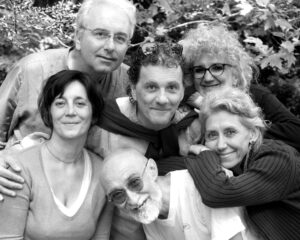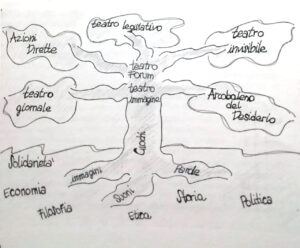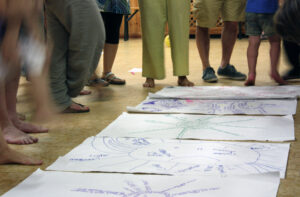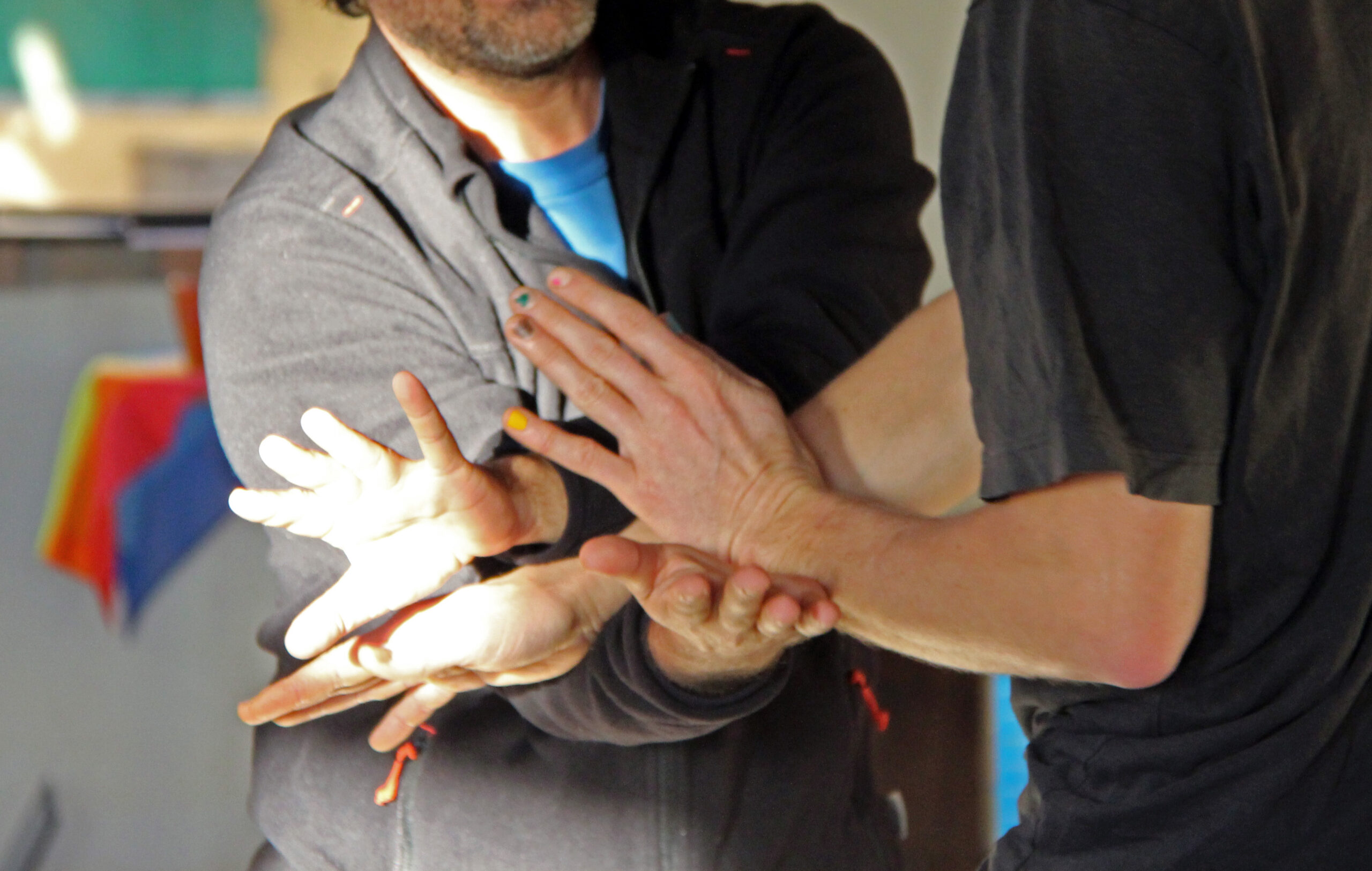
Teatro, partecipazione
e cambiamento
Il nostro orizzonte
Il linguaggio artistico genera inediti immaginari, coltiva il pensiero critico e dà voce a chi non ha voce. Il metodo teatrale di Augusto Boal e quello pedagogico di Paulo Freire ispirano i nostri passi: da loro la Cooperativa Giolli ha imparato che essere umani è essere artisti e che ci si libera insieme e non da soli.
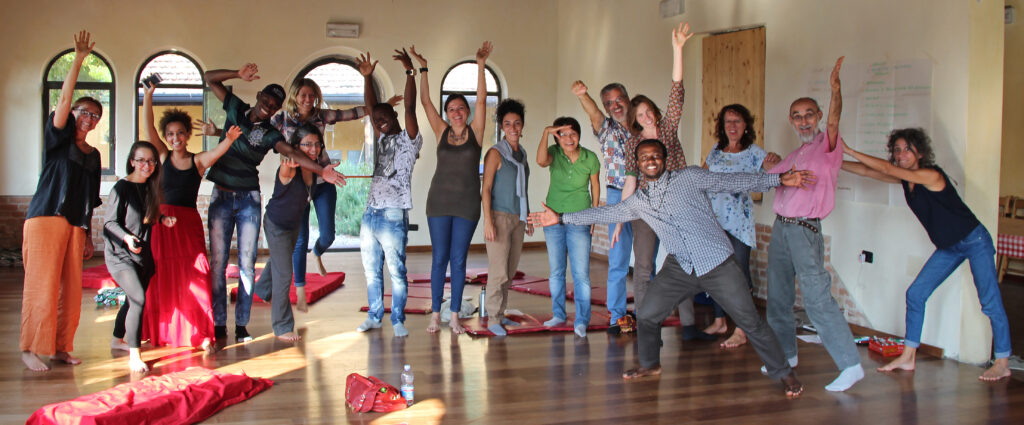
Non dubitate che un piccolo gruppo di cittadini coscienti e risoluti possa cambiare il mondo.
Margaret Mead
Eventi in evidenza

11/05/2024 – 30/09/2024
Se destini a noi il 5×1000
ci aiuti a… riscaldare i luoghi di aggregazione allacciare dialoghi accendere dibattiti ricordare ai corpi…
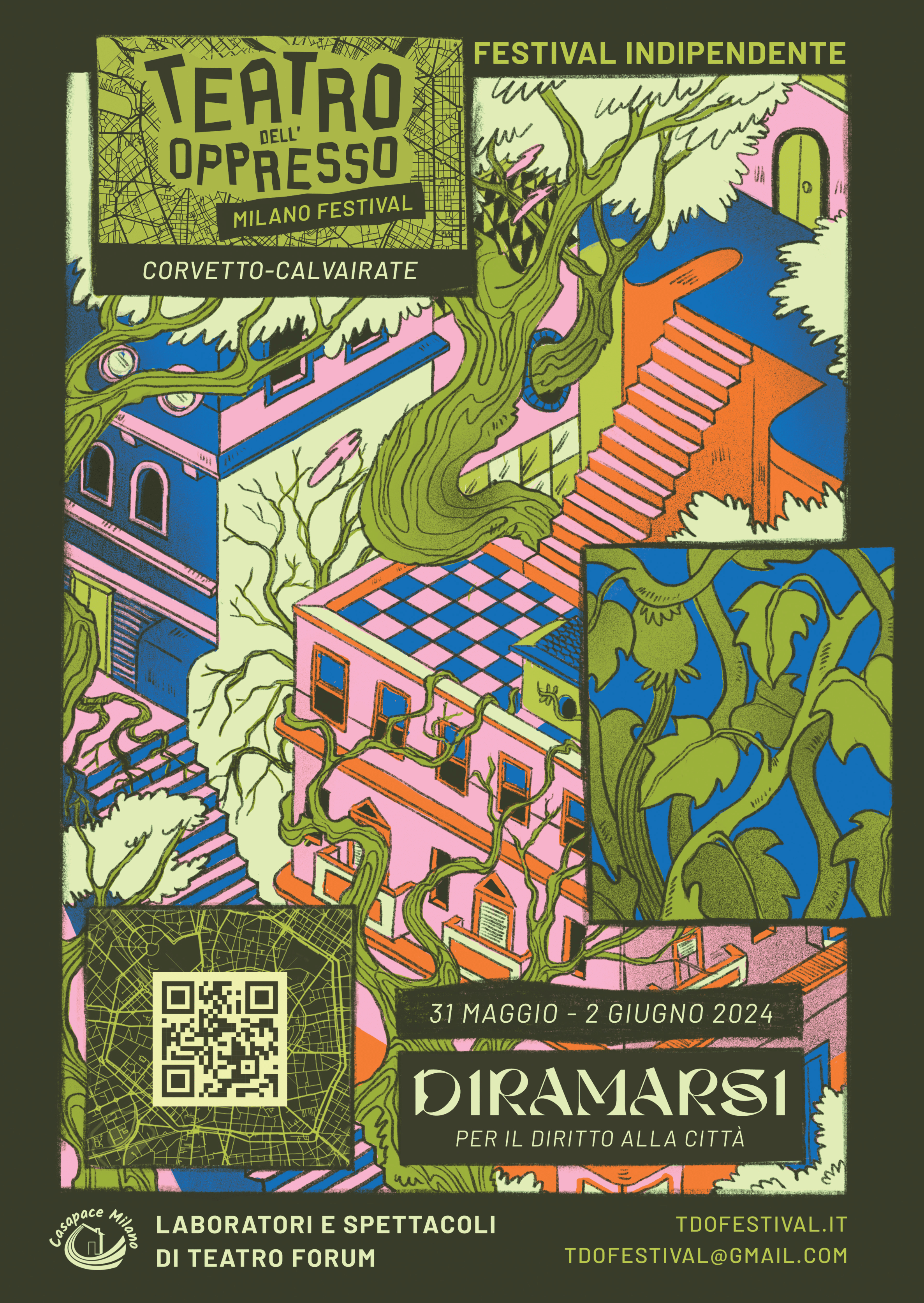
07/05/2024 – 03/06/2024
Laboratorio sul ruolo del jolly al festival di Milano
Sabato 1 giugno dalle 10 alle 13, nella Biblioteca Calvairate in Piazzale Martini 16, Roberto…
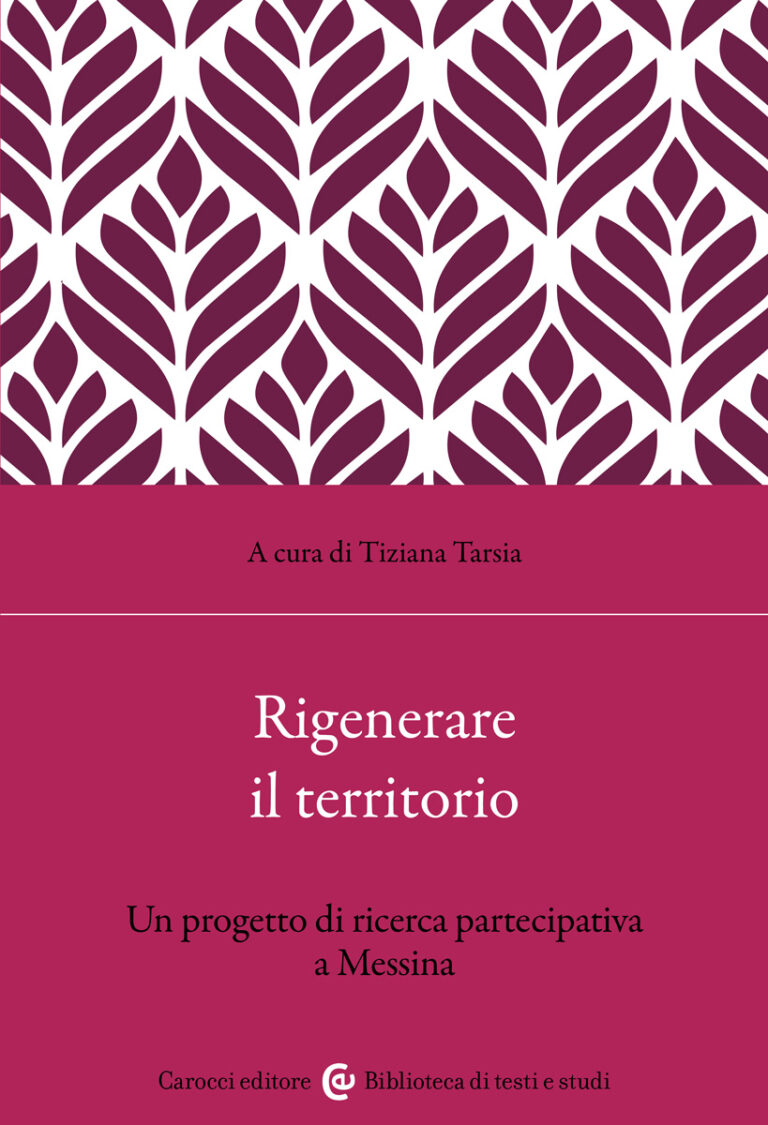
28/04/2024 – 31/05/2024
progetti
“Rigenerare il territorio”è in libreria
Il libro racconta l’esperienza del progetto “ARPA” (Arte, Partecipazione, Abitanza) a cui Giolli ha partecipato…

18/05/2024
progetti
Spettacolo itinerante “Quattroterzi, gruppi irregolari per contrasto metrico”
Il 18 maggio alle 16.30 gli spazi dell’ex ospedale psichiatrico di Padova, in Via dei…
Newsletters
Iscriviti per ricevere aggiornamenti
Siamo presenti sul territorio con diverse attività, questo è possibile grazie alla rete di soci e collaboratori che mettono a disposizione il proprio tempo e le proprie competenze per costruire assieme partecipazione.
